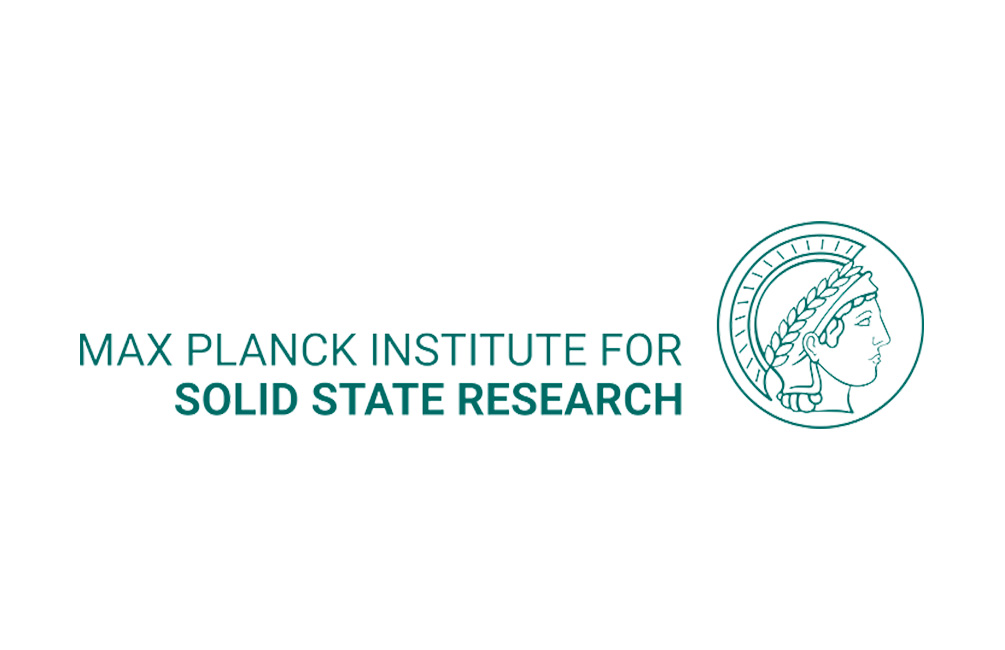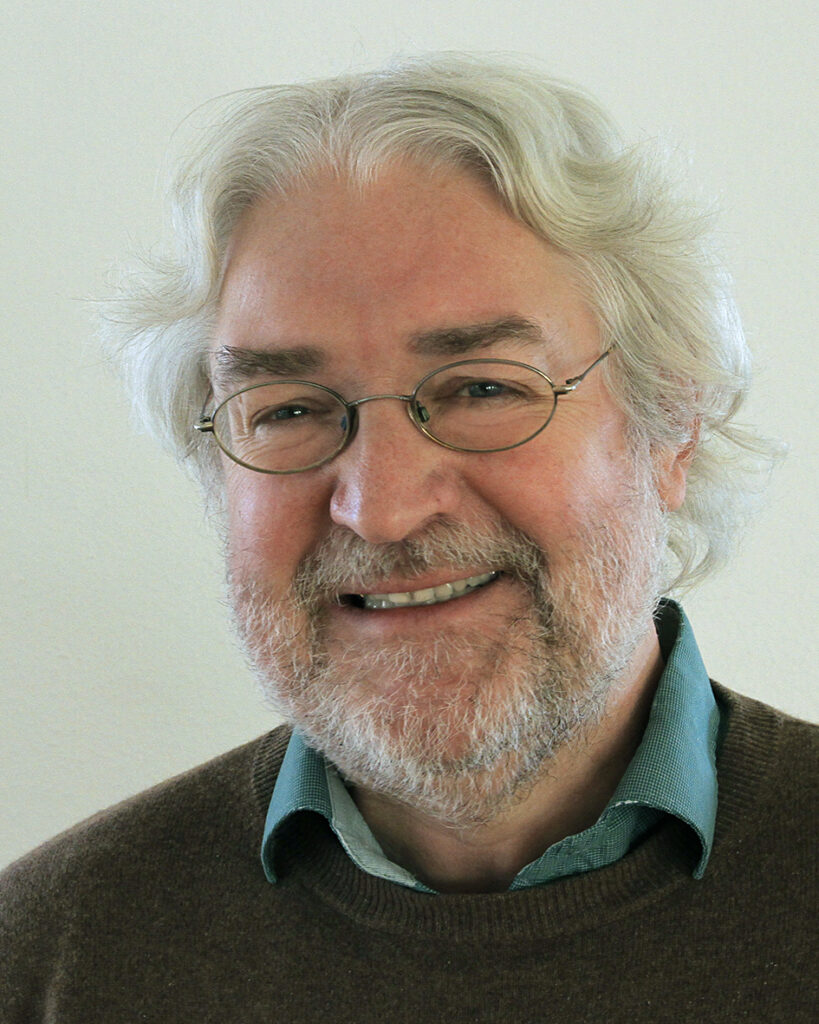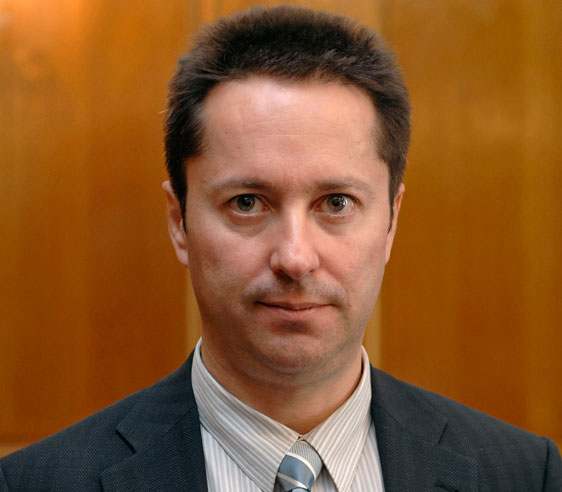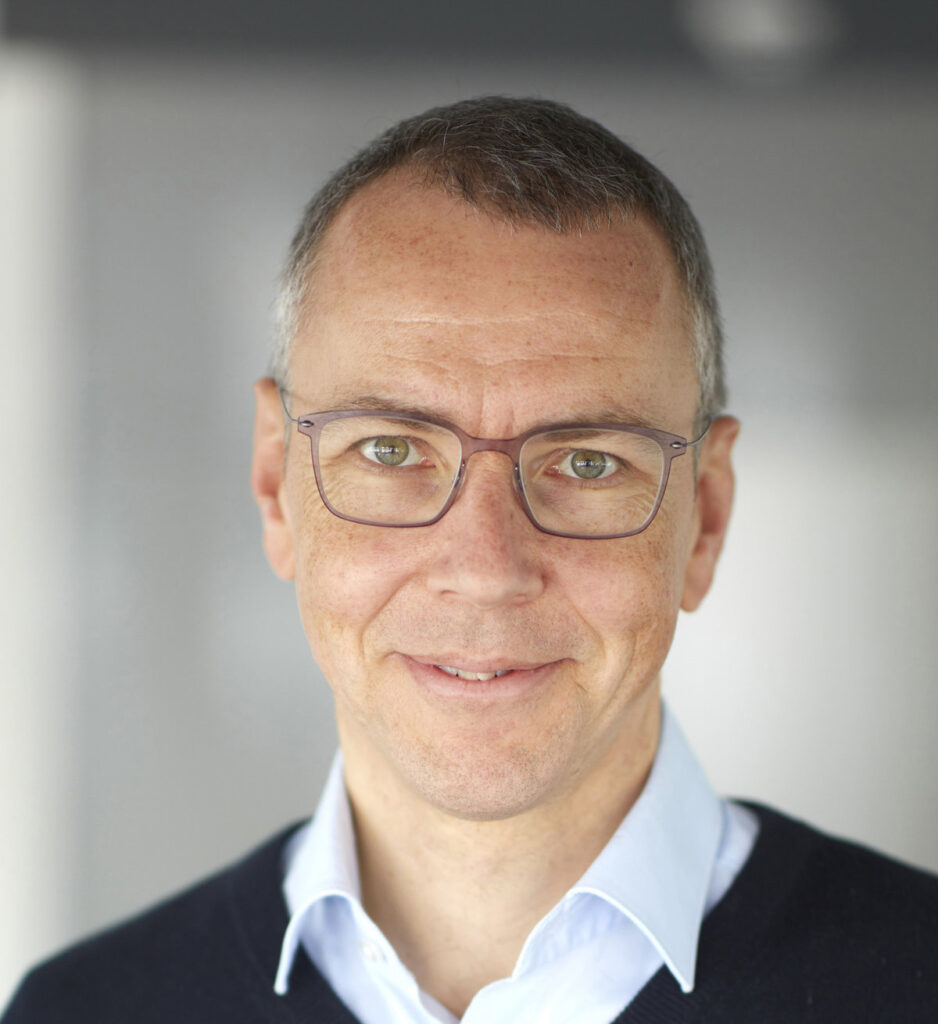Tensor Networks in Simulation of Quantum Metter

>> Partner 4

DESY is one of the world’s leading accelerator facilities. The partner of DESY involved in this project is the Zeuthen Particle Physics Theory (ZPPT) group, which is concerned with non perturbative lattice field theory.
ZPPT has a large ability in algorithm and method development and the computation of important physical observables for high energy and nuclear physics experiments.
At MPQ, the Theory Division focuses on Quantum Information Theory, Quantum Optics and Information, and Quantum Many Body systems.
Its goals include the investigation of controlled manipulation of atomic systems to see and discover interesting quantum phenomena, as well as applying these tools to other fields, such as condensed matter.
The experimental Quantum Many-Body Dynamics Division at MPQ uses ultracold atomic and molecular quantum gases to simulate and investigate quantum many-body physics.
The group has a longstanding experience with dynamical optical superlattices, and it has pioneered and developed techniques that are now used in laboratories around the world.
The node benefits from close collaborations among the partners, as well as with other experimental cold-atom groups and members of the newly established excellence cluster Munich Center for Quantum Science and Technology (MCQST) in the Munich area.


Dr Karl Jansen s a member of the ZPPT group.
He has worked on lattice field theory computations on state-of-the-art supercomputers and is the spokesperson of the Extended Twisted Mass Collaboration.
Dr Jansen has pioneered TN and quantum computing simulations for lattice field theory.
Dr Jansen has been a Heisenberg Fellow of the German Science Foundation (DFG) and has been awarded the very first Wilson lattice award.

Prof. Dr J. Ignacio Cirac is director of the Theory Division at MPG and spokesperson of MCQST.
He has authored many works related both to the theoretical understanding of TNM and to the development of new algorithms and their applications to physical quantum many-body problems.
Among the recognitions he has received for his work are the Prince of Asturias Award, the Benjamin Franklin Medal, and the Wolf Prize.

Dr. M. C. Bañuls joined the MPG Theory group in 2005 and currently leads the group of tensor network algorithms.
Her research interests and experience include quantum information, the development of TNM and its applications to many-body problems.

Prof. Dr. Immanuel Bloch is director of the Quantum Many-body Dynamics Division at MPQ, professor for experimental physics at the Ludwig-Maximilians University and spokesperson of MCQST.
His research focuses on the investigation of quantum many-body systems, quantum simulations, quantum information processing and quantum optics. Prof. Bloch has received several prizes for his work, among them the Gottfried-Wilhelm-Leibniz prize of the DFG.


The DESY/MPQ node will contribute to all WP1 and WP3 with the combined experience of the PI and co-investigators in LGTs, numerical algorithms and experimental and theoretical quantum simulations.
Theoretical contributions to WP1 will include the investigation of efficient Hamiltonian formulations, and the development of TNM for non-equilibrium problems, while error mitigation schemes will be explored in WP3.
The node handles WP3, where the experimental contributions will focus on simulation protocols and experimental probes to prepare and characterize out-of-equilibrium systems.

T- NiSQ | Tensor Networks in Simulation of Quantum Matter© 2023 All rights reserved | Accessibility | Privacy policy